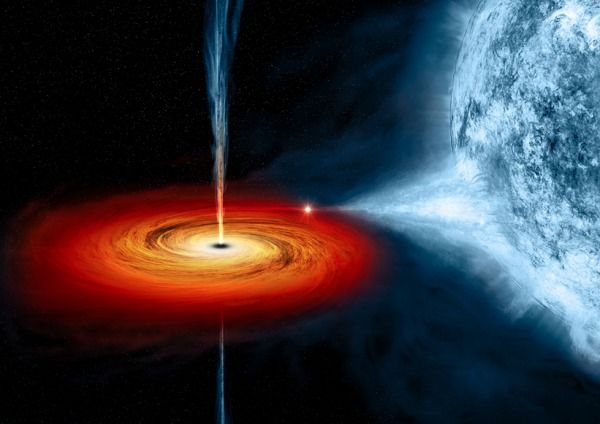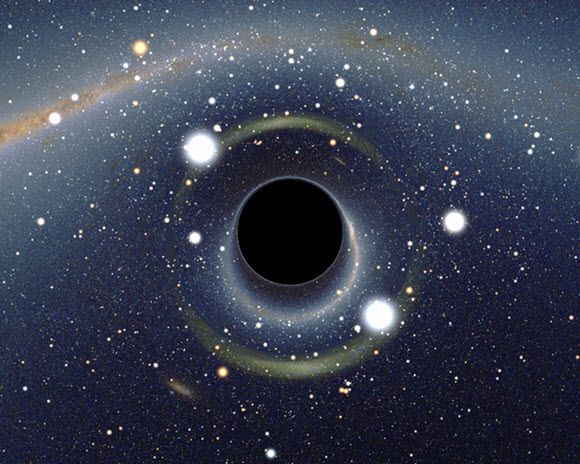Jul 6, 2015
Evolutionary Biologist Suggests Aliens Look Like Us
Posted by Philip Raymond in categories: alien life, astronomy, cosmology, evolution, first contact, space
According to the reputable Australian astro-enthusiast journal, SkyNews, a leading biologist says that it is surprising we have not already discovered extra-terrestrials that look like us — given the growing number of Earth-like planets now discovered by astronomers.
 Simon Conway Morris, an evolutionary biologist suggests that aliens resembling humans must have evolved on other planets. He bases the claim on evidence that different species will independently develop similar features which means that life similar to that on Earth would also develop on equivalent planets.
Simon Conway Morris, an evolutionary biologist suggests that aliens resembling humans must have evolved on other planets. He bases the claim on evidence that different species will independently develop similar features which means that life similar to that on Earth would also develop on equivalent planets.
The theory, known as convergence, says evolution is a predictable process which follows a rigid set of rules. Read the full story at Skynews…
__________
Philip Raymond is Co-Chair of The Cryptocurrency Standards
Association [crypsa.org] and chief editor at AWildDuck.com











